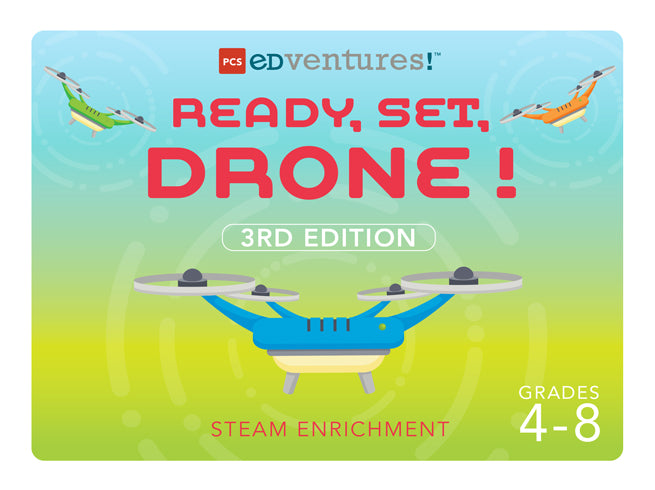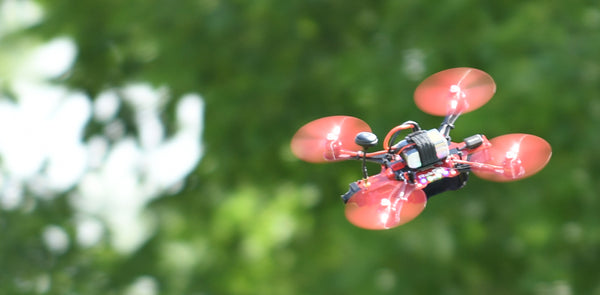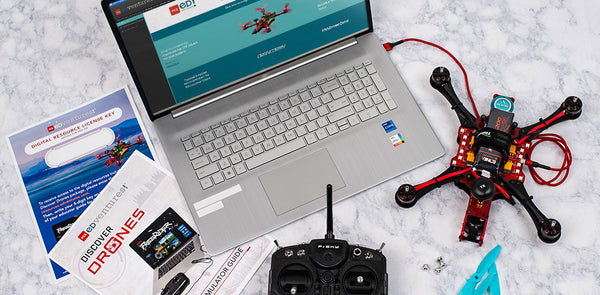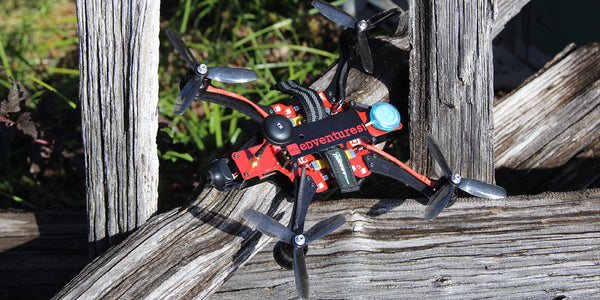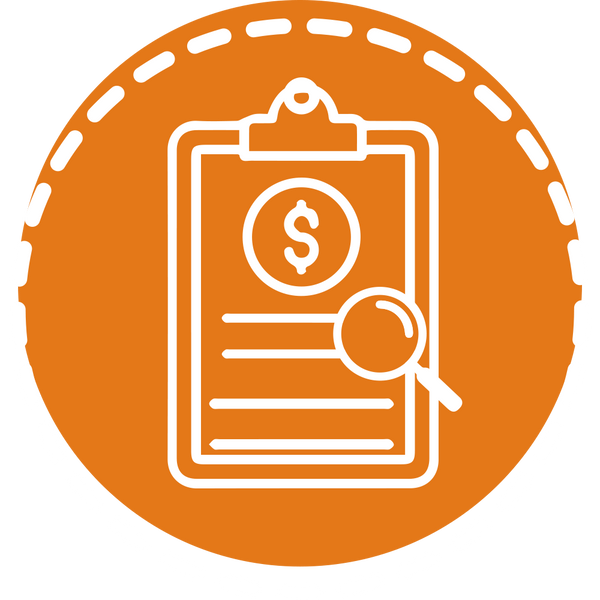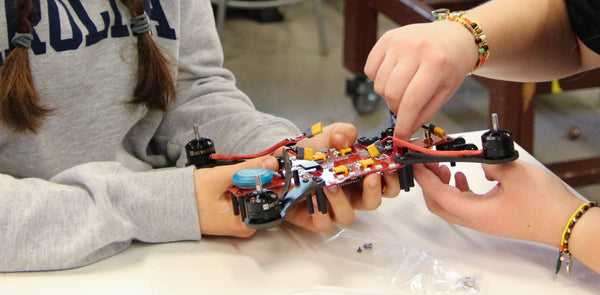
Do I Need Drone Insurance? Know the Facts!
Drones are steadily zipping into more and more aspects of our daily lives. From movie sets and coffee delivery to city parks and wedding videos, it’s almost hard to imagine a time when these incredible machines weren’t making life easier. Yet, the drone phenomenon is still relatively new and the laws and regulations surrounding aerial robotics are slow to catch up.
Currently, there are no federal drone insurance requirements. But that doesn’t mean you should fly without coverage.
Background:
The Federal Aviation Administration (FAA) is responsible for regulating drone flight. While first focused on tackling how drones affect the space above our heads, the FAA only started considering a drone’s role in education in 2014.
Drone popularity has skyrocketed since they first entered the commercial market. In response to the widespread public embrace, the FAA first started regulating public airspace in the summer of 2016 with the Part 107 Certification — essentially a Drone Driver’s License. For recreational pilots, the Part 107 certification cleared up a lot of grey areas and underlined the dos and don’ts of drone flight, but it left a lot of educators in the dark. As educators, they were allowed to fly as recreational users, but the laws were unclear on how those conditions extended into the educational space.
That all changed in October 2018 when Congress passed new legislation mandating the FAA address the growing list of UAV unknowns. As a result, the FAA refined its position on drones to reflect the needs and safety of everyone affected by drones. These changes came in many ways, but for educators, the primary update came from The Recreational UAS Safety Test (TRUST).
This test for recreational fliers is a requirement for educators in educational drone programs who do not possess their Part 107 certification. (Learn about the differences between Part 107 and TRUST.) If the Part 107 is a Driver’s License, the TRUST endorsement is like special written permission to be behind the wheel.
Yet, even with all these new regulations, laws, and restrictions keeping drone pilots on their toes, the FAA does not currently require drone operators to carry personal or liability UAV insurance.
Does Your Program Need Drone Insurance?
Drone regulations are constantly evolving. While the FAA puts the insurance responsibility on drone operators and organizations, the lack of a mandate may change someday.
Insuring a backyard drone seems impractical for recreational fliers, but drone insurance is a must-have for large organizations, teams and classes with many people involved. At the very least, programs should have some form of Educator Liability Insurance.
Of the several different kinds of drone insurance available, educator liability insurance coverage protects you, your organization and your students from accidents that may occur during instruction, preparation or organized events.
While nearly every school system has a liability policy to protect educators and instructors as they fulfill their regular teaching duties, never assume drone-related accidents are automatically covered. Drones are still finding their way into our world, and while some insurance companies are starting to integrate drone-related provisions, there’s only one way to know if your program is covered.
Contact the company your organization uses for general liability insurance. Tell them about your program and who’s involved, and they will give you the red or green light on whether it’s safe to lift off. If you’re not covered, you’ve got a few options.
How to Find the Right Drone Insurance:
There are two primary types of drone coverage:
Specialized Drone Insurance:
If your current policy does not have drone-related provisions, look to companies specializing in aviation insurance.
BWI Fly and Avion Insurance are two incredible options we highly recommend. They offer a variety of coverages for unmanned aircraft. From liability insurance covering any accident to “hull” insurance protecting you from hardware repairs, replacements or time in the shop, these specialty insurers know the drone space inside and out, bringing a variety of plans to fit your program’s needs.
Flight-by-Flight Insurance:
Alternatively, companies like Skywatch AI and Verifly provide On-Demand insurance.
Through their app, users buy coverage on a flight-by-flight basis. Log in before an upcoming flight, give information about your flight plan, and select the duration of time to be covered. Perfect for those programs with skilled fliers or shortened time in the air where a more comprehensive policy wouldn’t make sense, these day-of plans are ideal for meeting specific coverage needs.

Questions About Your Drone Program?
For additional drone resources, visit:
- Remote ID and What It Means for Drones in Schools
- The Recreational UAS Safety Test (TRUST)
- Droneology & Droneology Jr.
If you have any questions about the laws and how to make sure your program is flying legally, contact a STEM Program Specialist at (800) 429-3110 or email us at support@edventures.com.
Interested in Educational Drones?
Put your new drone insurance knowledge to good use with these invigorating drone programs. Primed to bring thrilling UAV learning to students of all ages, are you ready to super-charge drone education?
Learn more about incorporating UAVs into your learning environment at the links below:
- Blog: The Best Drone for STEM Education
- Blog: Drone Educators Never Fly Alone with PCS Edventures Support
- Blog: A Solid Foundation Paves The Way To Opportunity
- Webinar: Discover Drones as an Instructional Platform
- Video: 2020 Idaho TSA Drone Challenge
Author: Thayne Casper
Disclaimer: We are STEM educators, not lawyers! Please contact an attorney for legal guidance. Drone laws may have been updated since this blog was last revised. We advise drone educators to check the FAA website regularly.

